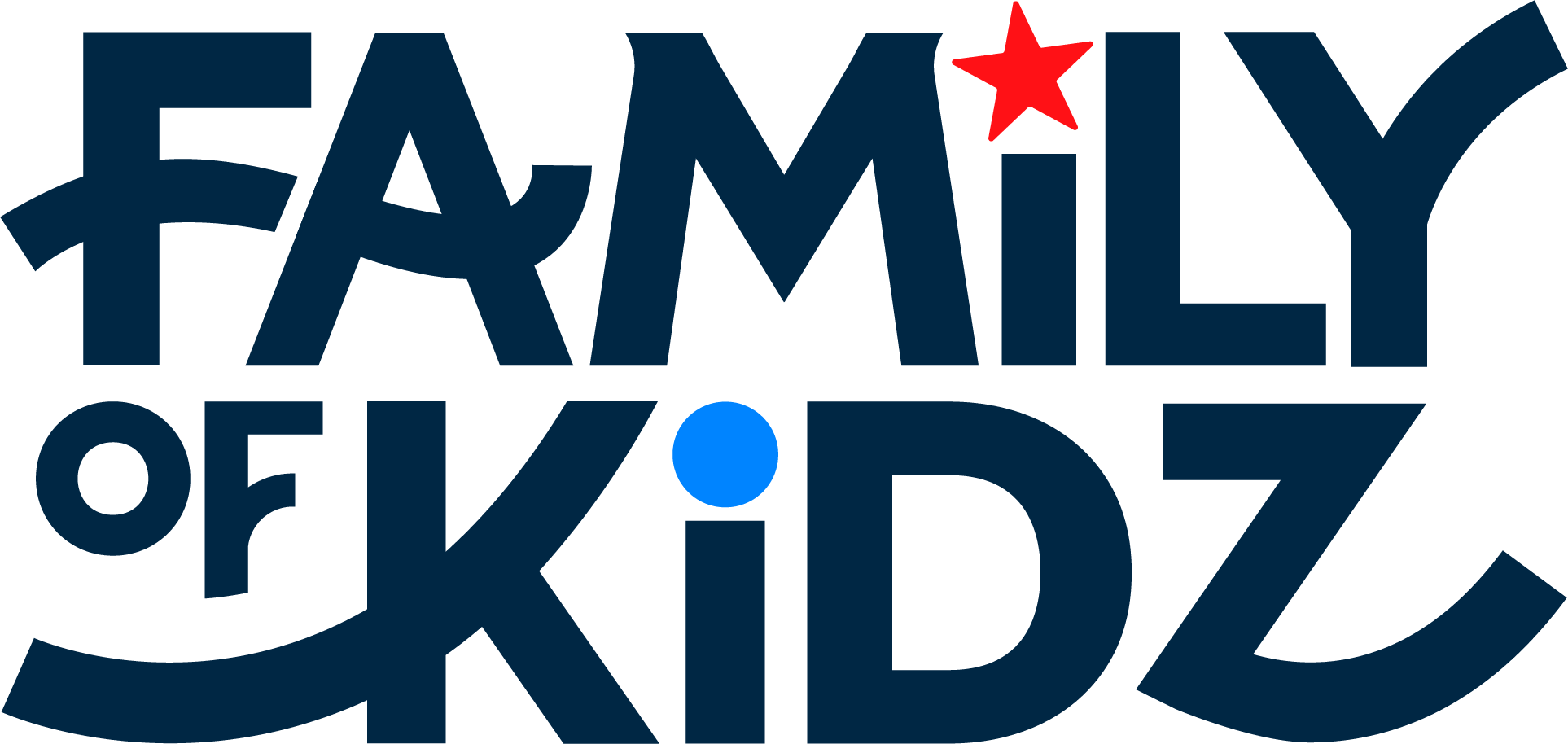
Page Not Found
Unfortunately the page you were looking for could not be found, either because it was renamed, moved, deleted or the URL is invalid.
Please confirm the page URL is correct, and try again.
If you are still having problems finding the page, please contact us.
Back to home page